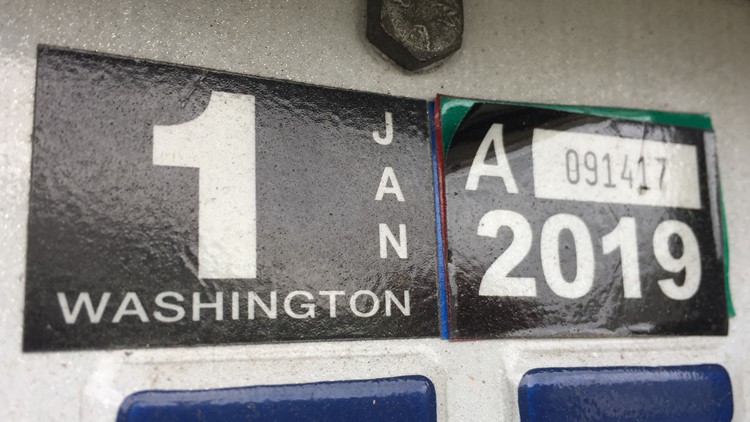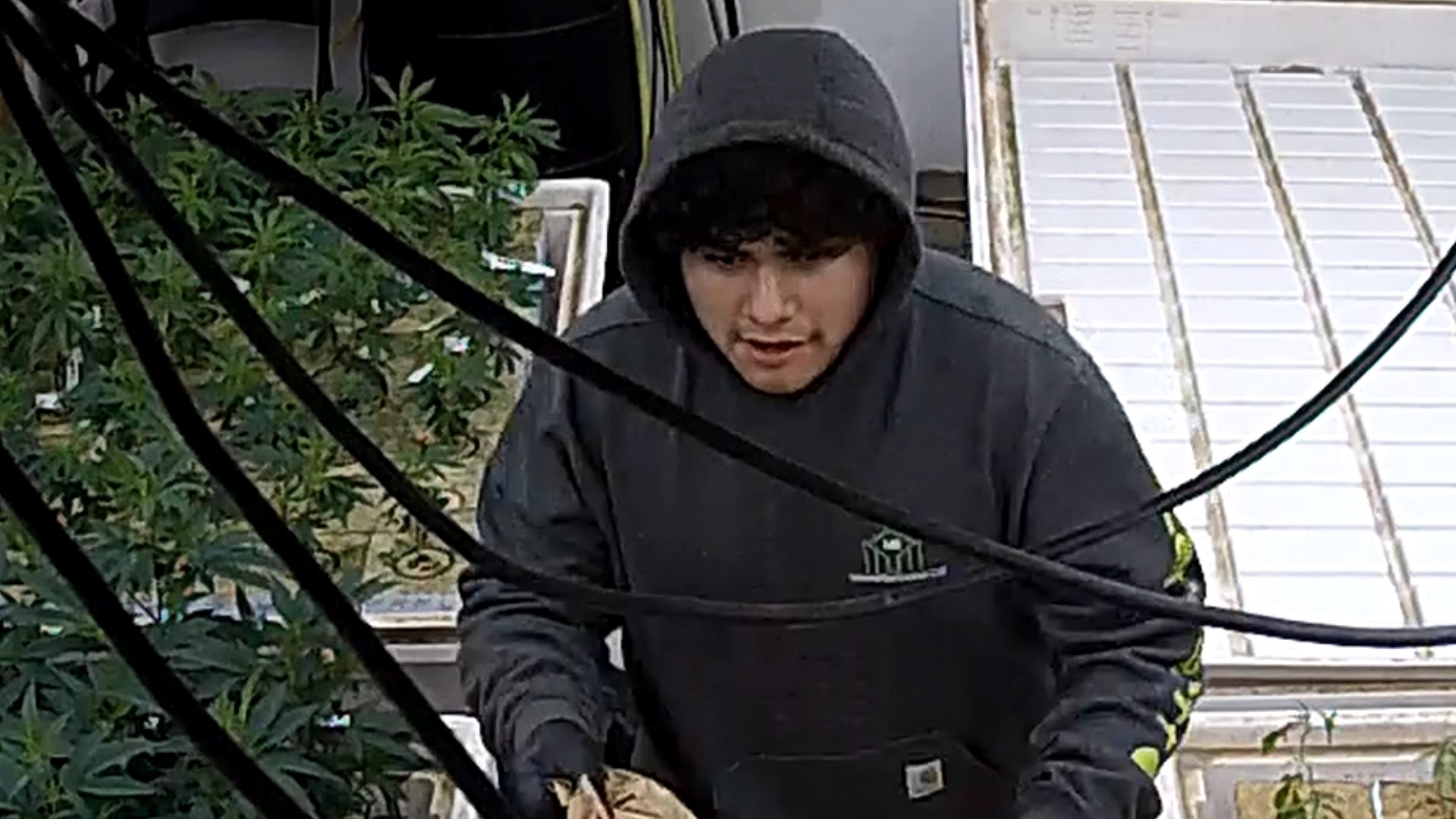Kitsap County is considering a $20 car tab fee for residents living in unincorporated Kitsap to help pay for road improvements and maintenance.
The county’s Public Works Department met with commissioners earlier this month to ask them to consider adding the $20 fee, which could be implemented without a public vote and would help stave off a revenue shortfall in the coming years.
Most of Public Works’ operating fund revenue, about $28 million, comes from the road levy portion of county property tax. State law prevents increasing the levy by more than 1 percent per year plus new construction.
Revenue from the road levy has increased by 2 percent per year on average since 2004, according to County Engineer Jon Brand. The cost of labor and materials, as well as salaries, benefits and the portion of Public Works’ operating fund that goes to the Sheriff’s Office for traffic enforcement, has outstripped incoming revenue in that time.
“The current model where we look at revenue and expenditures leads to the conclusion in 2022 that we’re really going to start feeling the pinch on this,” Brand said.
Implementing a car tab fee of $20 would raise an estimated $2.8 million a year, but is likely to be unpopular. In a December survey put out by Public Works, almost half of respondents opposed the idea.
If approved, funds from the fee would go toward road maintenance projects like restriping roads, fixing potholes, chip sealing, traffic signal and sign upkeep and paying for traffic studies.
County commissioners asked to see more information and hear from experts before making a decision. Public Works is working on an outreach plan to take to the public with more information some time this summer.
“My beginning premise, whether in private business or county operations, is I'm not inclined to increase taxes if we can look for efficiency,” Commissioner Ed Wolfe said.
Wolfe emphasized that he wanted to convene a committee of transportation experts and citizens to weigh in on the issue, an idea echoed by Commissioners Charlotte Garrido and Rob Gelder.
“I’m not going to say I support or deny until I see all the options,” Wolfe said.
By statute, commissioners can form a Transportation Benefit District and implement a $20 car tab fee without a public vote. Bremerton’s City Council approved a similar measure in 2011 and used the money to pay for repaving projects. The cities of Port Orchard and Bainbridge Island also have $20 car tab fees.
Commissioners also have the option to raise the fee to $40 per vehicle per year without a vote after two years.
Gelder, who oversees the north part of the county, said he supports the idea of car tab fee.
“As the population grows, we have more users of the system. It's going to be much more important to maintain the integrity of our road structures,” Gelder said.
Gelder asked for a way to “carve out” fees from different parts of the county to benefit projects that are important to the people there. For example, Kingston residents paying an extra $20 should be able to see that money used for road improvements in Kingston.
“I think we need to have a way of breaking it down and sort of saying, ‘If I'm paying, I want to know that they're going to benefit my local community as opposed to be part of a larger pool,’” Gelder said.
Garrido asked to see revenue trends and a pattern of spending from public works.
“I'm not sure there's a leaning one way or another for me, and I just need to learn more about what it would actually mean and what it would get for us,” Garrido said.
There’s no timeline yet on a decision, but Brand estimates the department could begin public outreach some time this summer. Public works is also looking at other options for funding, including going to the voters for a levy lid-lift, a local gas tax or another type of benefit district.
“If the commissioners and citizens want us to just live within our means, we can do that," Brand said, "but if they want to maintain the level of service we have now … if we don't make an investment, then in about 2022, 2023, we'll start feeling the effects of that decision."



